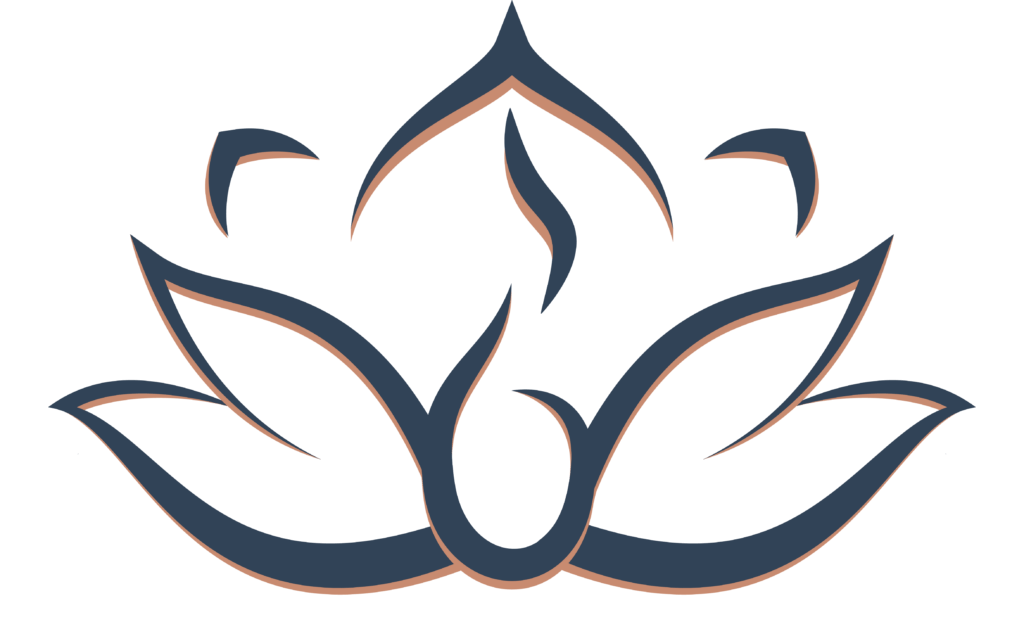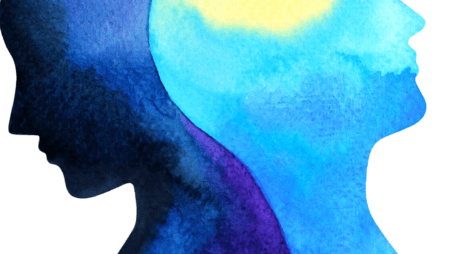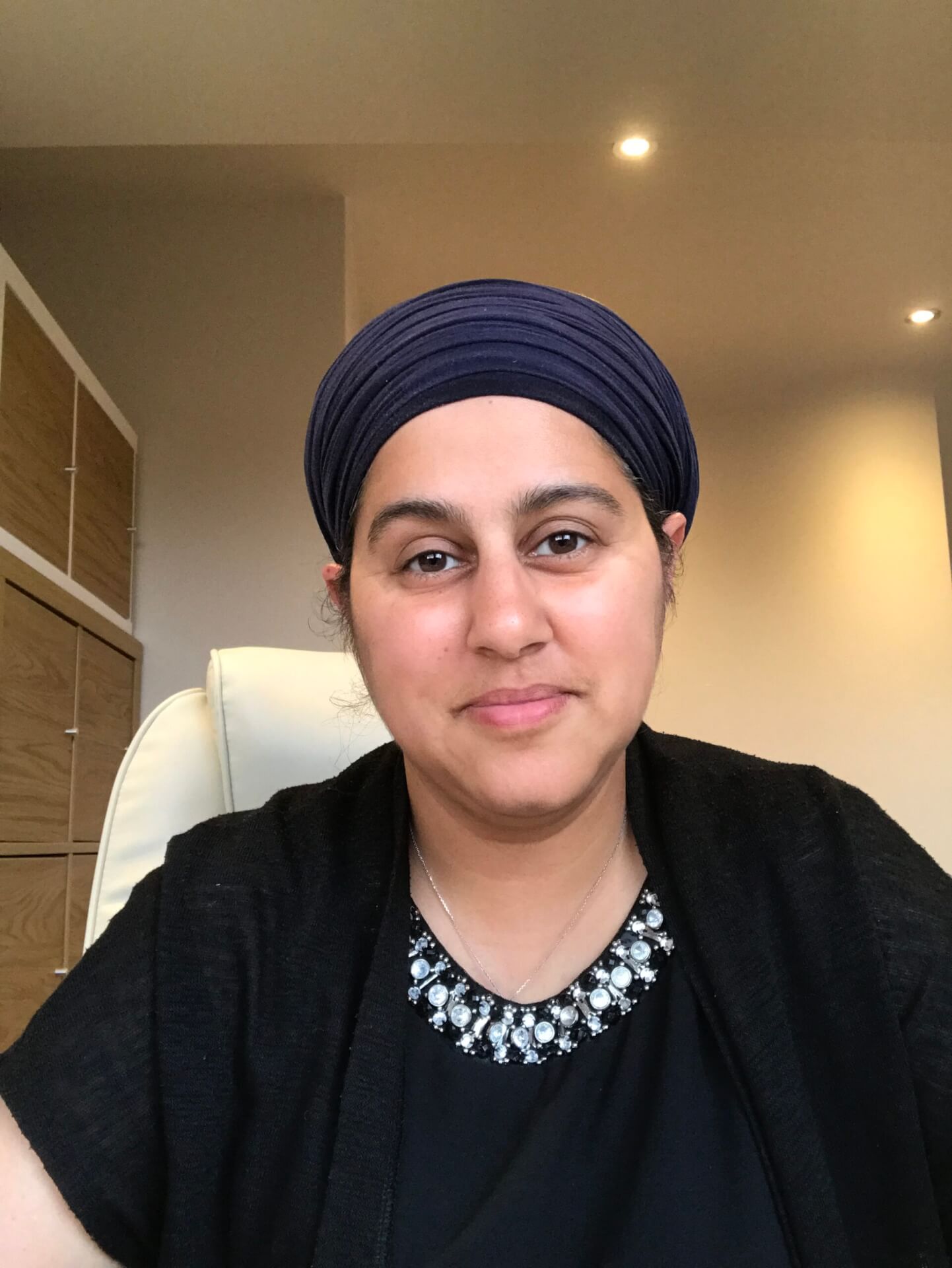Forgiveness: Why it is so hard and where to start

Forgiveness – a word which seems increasingly hard to connect to refers to the act of letting go of negative emotions, resentment, and the desire for revenge towards someone who has caused harm, offence, or hurt. It involves releasing feelings of anger and resentment and replacing them with understanding, compassion, and acceptance. Forgiveness does not necessarily mean forgetting or condoning the wrongdoing, but rather choosing to move forward without holding onto the emotional weight of the past. It sounds simple enough but today, putting forgiveness into practice might be getting harder.
Why is it so hard to forgive?
Perhaps we need to look at context to understand forgiveness which is linked to compassion and empathy.
On a social level, the world we live in is changing drastically, pushing us towards technology and further away from our natural state. Our bodies are being filled with unnatural processed foods and our minds are being numbed by TV and technology which increasingly does more of our thinking for us. Inflation and the cost-of-living crisis is pushing people relentlessly to strive towards unachievable standards resulting in further inequality led by those in positions of power. As we realise our leaders are not always working in our best interests, our trust is being diminished and we are hurting.
Disingenuity has been normalised top down by the behaviour of government officials and Gen X’s favourite TV childhood personalities. As time progresses, we are seeing the cloak of deception being removed from structures which were put into place to protect, entertain, and care for us. The domino effect of falsity is having a widespread impact on global pain, creating distrust, apathy, and desensitisation. We are simply trying to make sense of the lies and the deceit whilst raising our children and re-raising ourselves to adapt to a world which seems increasingly unclear in terms of where the lines of adequate behaviour are drawn.
On a more personalise level of how we are treated by our peers, words like ghosting, gas-lighting, catfishing, phubbing, and many more are standard terms which allow us to use language to describe painful behaviours. We can use these terms to put labels on bad behaviour to make some sense of it, but in turn they seem to be fuelling an acceptance towards such behaviour – almost giving people an option to act this way towards another person because it is now a commonly accepted thing. We build up stories about how trustworthy others are and the treatment we receive impacts how we feel about ourselves and our mental health.
Dr Gabor Maté, a renowned physician and expert in the field of trauma and addiction, explains the relationship between societal influences and addiction. He explores how societal pressures, disconnection, and the pursuit of relief from emotional pain can lead individuals to develop addictive behaviours as coping mechanisms.
Sadly we are seeing an increase mental health problems – in the UK we have a problem – A 2022 survey of children and young people’s mental health found that among those aged 17-19, 10.1% had a probable mental disorder in 2017, rising to 25.7% in 2022. Of the eight million people in the UK taking anti-depressants, two million have been on them for over five years, a million more than five years previously.
Is it a surprise that forgiveness has little mental or emotional space when survival of one’s sense of self and place in this ever-changing world is at the forefront. People are hurting and trying to cope as best they can but when our stress buckets are full to the top and being refilled quicker than we can empty them, there is little personal strength to draw on.
Check the BS – belief systems
As a result of all the external turmoil our own belief systems (BS) are being challenged at a deep level impacting our ability to trust others. When we add this to personal experiences of trauma, it can easily lead to an overload with traumatic responses leading to derealisation, depersonalisation, numbing through alcohol, drug, or porn use. Self-harm, suicide and mental health difficulties are increasing because we are in so much pain. It is becoming increasingly hard, without doing the research, to find evidence to prove that people are good. Belief systems being filled with truths about how people will manipulate, lie, and distort facts for their own benefit will confirm core beliefs about how the world is unfair. People are putting their boundaries up higher, which are becoming increasingly hard to work on lowering… without awareness.
Being aware of our own BS is the key to being able to move forward.
Our belief systems (BS) are there because of years of experience conditioning us to think about ourselves, others, and the world. We need a way to make sense of our environment so over time we have developed a mental framework to help us do this. Our belief systems help guide us in the world to help keep us safe. That’s the theory. Our beliefs, however, are not always the most helpful and they lead us towards actions which are more painful and unhelpful than useful.
Unhelpful belief systems can reinforce self-doubt, apathy, and distrust creating barriers to understanding, and empathy. Unhelpful BS can also rupture the practice and ability to show self-compassion, self-kindness and forgiveness to oneself and others, keeping people stuck. This is where imposter syndrome rules and ensures it’s host never quite feels good enough and must keep working to prove their worth. A step towards breaking this system and increasingly forgiveness towards oneself and others is by developing an awareness of one’s own BS, what has created it and what keeps fuelling it.
What blocks forgiveness?
- Emotional Pain: The wounds inflicted by others can cause deep emotional pain, making it difficult to let go of resentment and anger. The hurt we experience can leave lasting imprints on our psyche, creating a barrier to forgiveness. Ask yourself Where your wounds started, what experiences hurt you and what are your beliefs about forgiveness as a result?
- Sense of Justice: Forgiveness can be seen as a relinquishment of justice or a validation of the wrongdoing. The desire for fairness and accountability may make it challenging to forgive, as we may feel that forgiving means letting the offender off the hook.Ask yourself what beliefs about fairness you have which are keeping you stuck? What are some challenges to those beliefs?
- Fear of Vulnerability: Forgiveness requires vulnerability, as it involves opening ourselves up to the possibility of being hurt again. Fear of being re-victimized or experiencing further pain can make it hard to trust and extend forgiveness. Ask yourself who do you believe you need to be vulnerable with to heal and where does that belief come from? Are you being fully vulnerable with yourself first as this will be the safest place to start.
- Power Dynamics: In situations where there is a significant power imbalance, such as abuse or oppression, forgiveness may be complicated by the dynamics of power and control. The power dynamics can influence the ability to forgive and may require addressing issues of justice and safety first. Ask yourself what power imbalances you have experienced. How did they impact your ability to think about yourself, listen to your needs and practice self-compassion. These may impact your ability to forgive.
- Self-Worth and Boundaries: Forgiving others can sometimes be misconstrued as accepting mistreatment or invalidating our own worth. It can be challenging to navigate forgiveness while maintaining healthy boundaries and protecting our self-esteem. Ask yourself how you can practice forgiveness and maintain your self-worth.
- Healing Process: Forgiveness is often a part of the healing journey, and healing takes time. Rushing the process or feeling pressured to forgive before we are ready can impede our ability to genuinely forgive and move forward. Ask yourself if you are rushing to forgive to feel healed. How ready are you to accept that your healing will take time and your pain is a part of your story.
- Limited Understanding: Understanding the perspective of the person who hurt you or comprehending their motivations can be difficult. Without a deeper understanding of their actions, forgiveness may seem elusive or unjustifiable. Ask yourself whether you are looking for certainty in a situation where there may be none. Are you able to find a way to find a way to narrate the understanding yourself to move through this.
- Emotional Resistance: Holding onto anger and resentment can sometimes serve as a defence mechanism. Letting go of these emotions requires confronting and processing the pain, which can be an uncomfortable and challenging process. Ask yourself what it feels like to let go of the anger and pain – what feeling come up for you and what thoughts go with them? Is there a way to work through them through connecting to them more and understanding them more?
It is important to remember that forgiveness is a personal journey, and everyone’s experience is unique. Everyone may face different hurdles and timelines in the process of forgiveness. Seeking support from trusted friends, family, or professionals can provide guidance and help navigate the complexities of forgiveness.
Moving towards forgiveness
While forgiveness may seem challenging when trauma wounds are involved, it holds the key to healing, enhancing our relationships, and breaking free from self-doubt. Some key steps might help move towards forgiveness:
Understanding Forgiveness
Forgiveness is a powerful process that involves processing and moving through negative emotions, such as anger, resentment, and bitterness, towards those who have caused us harm. Despite its complexities, forgiveness provides a path to liberation from painful emotions and thoughts which are keeping us stuck. The ability to forgive can light the way towards a more centred life experience. It’s important to recognise that forgiveness is not synonymous with condoning or forgetting, but rather a means of freeing ourselves from the burdens of pain, allowing healing to take place.
The Weight of Trauma Wounds:
When we experience deep trauma wounds, their impact reverberates through various aspects of our lives. They can fracture our trust, disrupt our sense of safety, and leave us questioning our worth. Consequently, forgiving those who have hurt us can feel overwhelming and even unreasonable and we can be motivated to hold on the pain to remember warning signs. Acknowledging the profound influence of trauma is crucial in understanding the challenges associated with forgiveness. Working on the impact of trauma will allow for a less burdensome relationship to forgiveness. Forgiveness towards oneself for any self-blame would be the aim.
The Paradox of Forgiveness:
Forgiveness, particularly in the face of trauma, often presents a paradoxical journey. On one hand, holding onto anger and resentment may appear protective, providing a sense of control over our pain. Paradoxically, this very act perpetuates our suffering, keeping us trapped in self-doubt and preventing us from experiencing genuine healing. Breaking free from this paradox requires vulnerability when already in pain, something which will feel strange as it goes against natural urges to avoid pain. Cultivating a willingness to explore forgiveness as a catalyst for personal growth and self-liberation is the place to start.
The Healing Power of Forgiveness:
Forgiveness has the potential to initiate profound healing not only in our personal lives but also in our work and relationships. Choosing forgiveness allows us to reclaim our power and regain control over our emotions and experiences. It empowers us to rebuild trust, restore our self-worth, and foster deeper connections with others. Moreover, forgiveness cultivates empathy, compassion, and understanding, creating a more harmonious existence. Understanding what your unique relationships to forgiveness could look like for you is important.
Breaking Free from Self-Doubt:
Self-doubt often thrives in the absence of forgiveness. When we hold onto resentment and refuse to forgive, we subconsciously reinforce negative beliefs about ourselves and others. Forgiveness serves as a catalyst for self-compassion and personal growth, allowing us to challenge self-doubt and embrace our inherent worth. By exploring forgiveness, we start on a journey towards increasing our understanding about ourselves. We can shed layers of self-doubt through increased self-awareness and embrace a more value-based life free from the constraints of societal and familial wounds.
“People, upon rationally determining that they have been unfairly treated, forgive when they wilfully abandon resentment and related responses (to which they have a right), and endeavour to respond to the wrongdoer based on the moral principle of beneficence, which may include compassion, unconditional worth, generosity, and moral love (to which the wrongdoer, by nature of the hurtful act or acts, has no right)” (Enright & Fitzgibbons, 2000)
What next?
Embarking on the journey of forgiveness is a transformative process that requires patience, self-reflection, and compassion. Though forgiveness can be challenging, particularly in the face of societal injustice and trauma wounds, its power to heal, strengthen relationships, and liberate us from self-doubt is immeasurable. By embracing forgiveness, we empower ourselves to release the burdens of the past, cultivate stronger connections, and step into a future filled with resilience, personal growth, and inner peace.
If forgiveness is something you want to start to work on, start your journey by going through the questions in this therapy blog and connecting more to the concept of forgiveness and what it means to you. Forgiveness may take time and it is not a binary process. You may find yourself jumping back and forth, but with real effort you will uncover more about yourself which will help you understand your relationship to forgiveness.
If you would like to find out more about your blocks to forgiveness, get in touch with Dr Gurpreet Kaur and her team today by completing our contact form.



